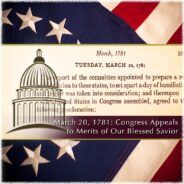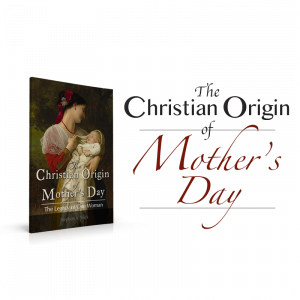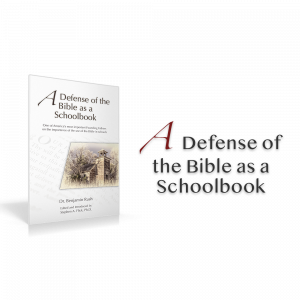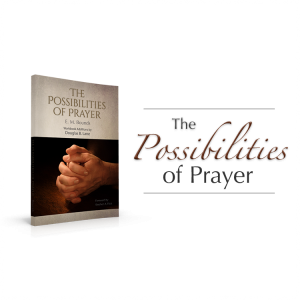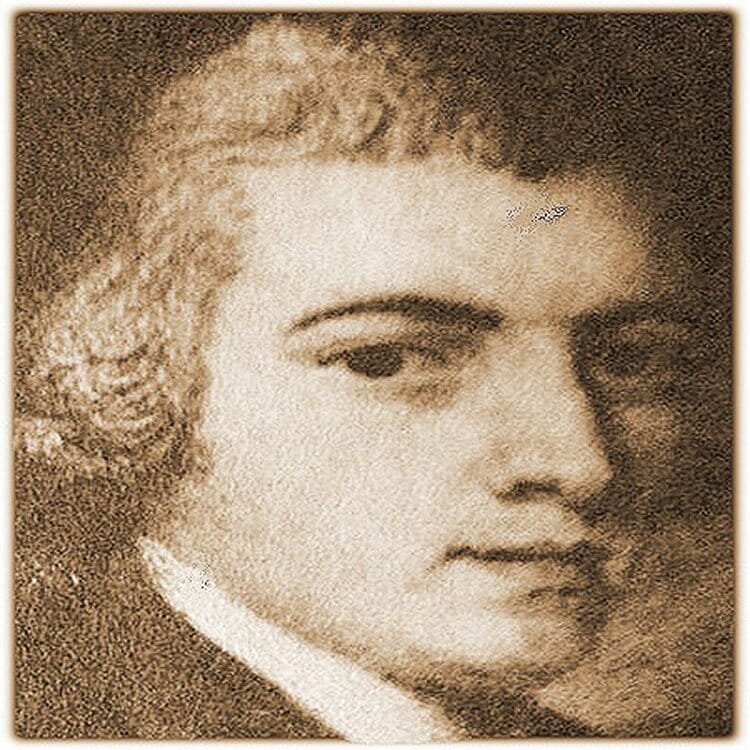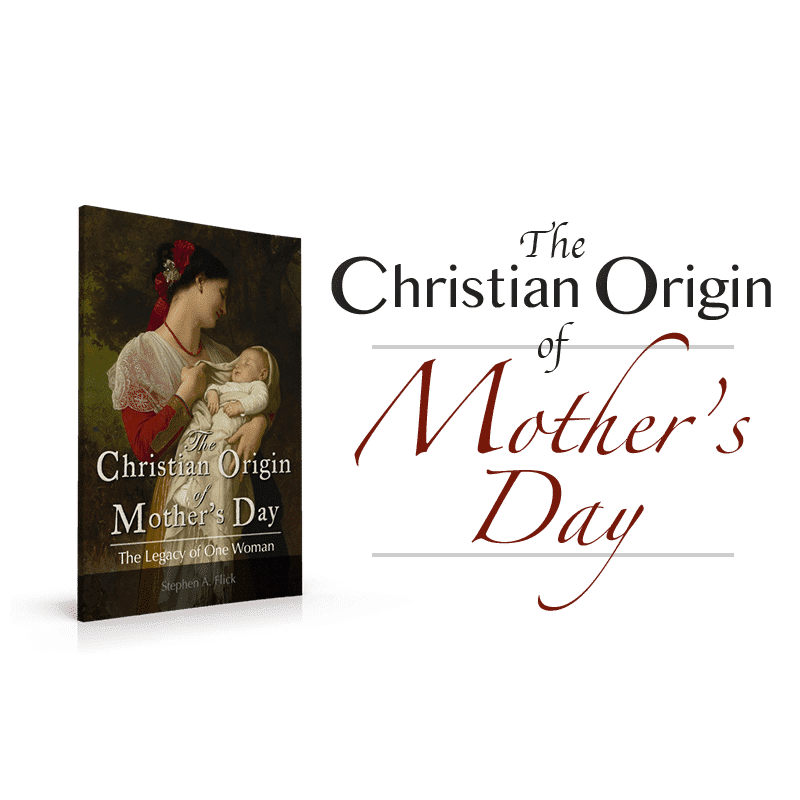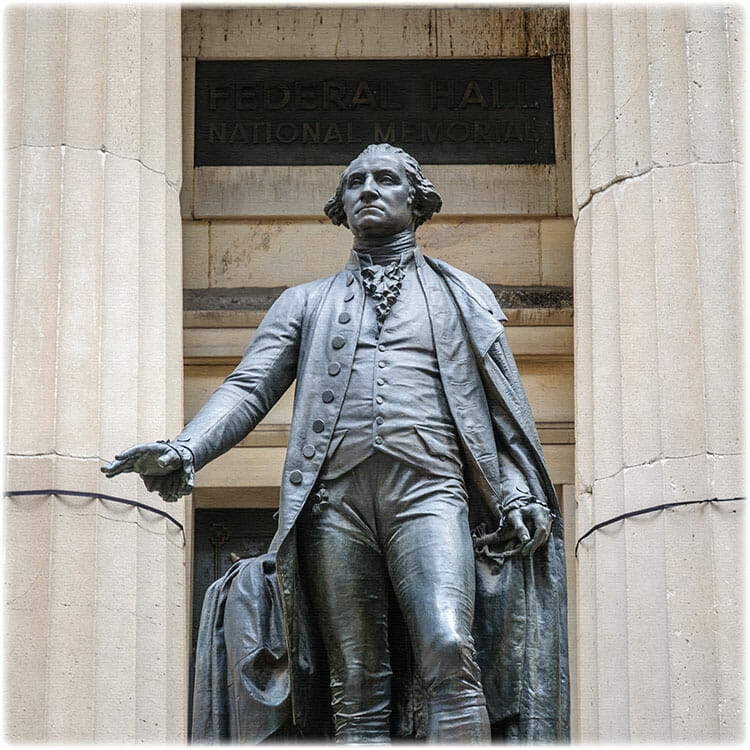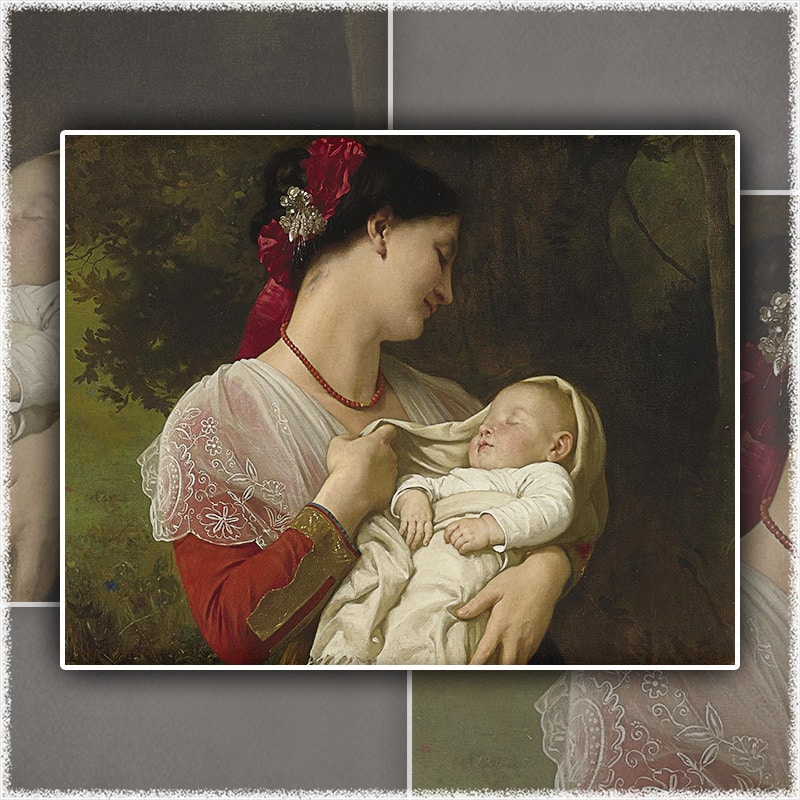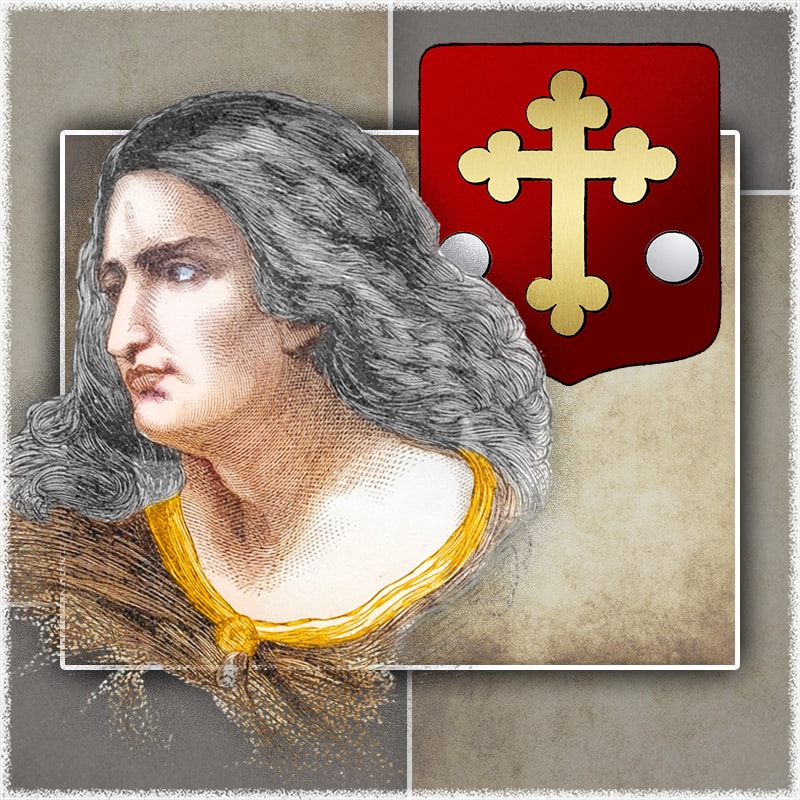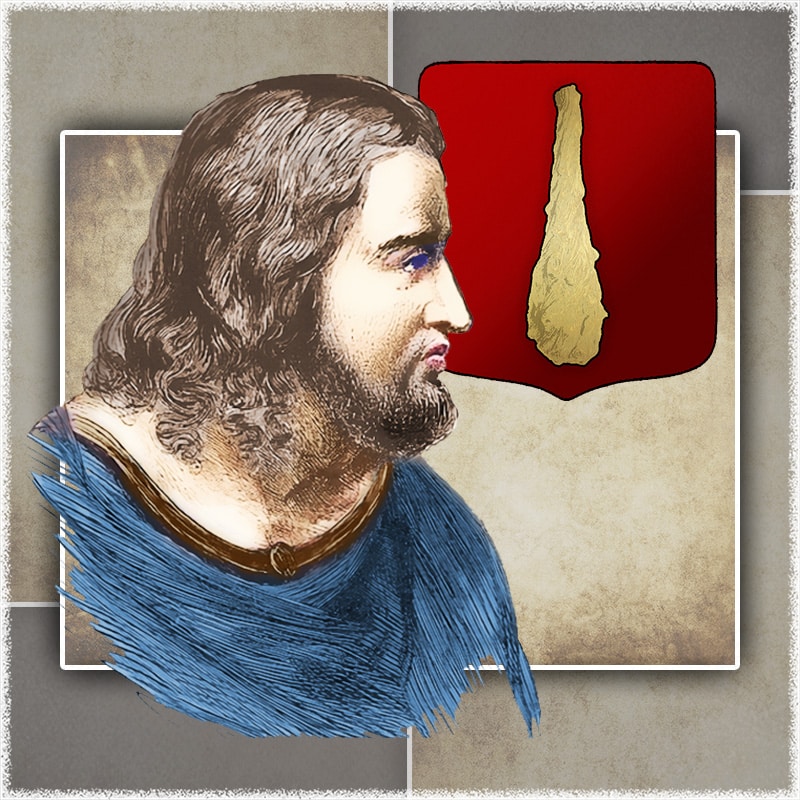Dr. Stephen Flick
Stephen Flick heads Christian Heritage Fellowship, an organization dedicated to reclaiming America’s Christian Heritage and celebrating the life-changing influence of the Gospel around the world. Concerned with the cultural decay of America, Dr. Flick has sought to provide answers to fellow Christians (and unbelievers) concerning the questions and objections to Christianity often posed by secularists and the irreligious. Dr. Flick is a writer and speaker and has authored numerous articles and books on America’s Christian heritage. He earned his PhD from Drew University (Madison, NJ) in history and Christian theology and has taught at the graduate level as full professor. He is a licensed minster and resides in East Tennessee. He and his late wife, Beth Anne, have two grown, married children and six grandchildren.
Posts by Dr. Stephen Flick:
John Morton
American History, April Articles, Christian Calendar (Holidays), Christian History, Signers of Declaration of Independence
Listen April 1, 1777 Death of Signer, John Morton John Morton (1725 – April 1, 1777) was a farmer, surveyor, and jurist from the Province of Pennsylvania. As a delegate to the Continental Congress during the American Revolution, he provided the swing vote that allowed Pennsylvania to vote in favor of the United States Declaration of...Read more... Read more...
America’s Bishop: Francis Asbury
Biography, Methodist churches, Role of Pastors
Listen March 31, 1816 Death of Francis Asbury Francis Asbury (August 20, 1745 - March 31, 1816) is remembered most for the leadership he provided to early American Methodism. Asbury must not be associated with the theologians of Methodism. Like Jabez Bunting among the British Wesleyan Methodists, Asbury was a great churchman within the American Methodist Episcopal Church. He was one of...Read more... Read more...
Holy Week—Christianity’s Most Sacred Season
ListenWithin Christianity, Holy Week commemorates the suffering and death of Jesus Christ. Among English-speaking communions, the expression Passion Week is also used to describe the same period of time—the Sunday before Christ's Crucifixion to His Resurrection. One of the earliest designations for this week in the Early Church was the "Great Week," and during the medieval era was...Read more... Read more...
Button Gwinnett
American History, Christian Calendar (Holidays), Christian History, May Articles, Signers of Declaration of Independence
ListenButton Gwinnett (1735 – May 19 or 27, 1777) was an British-born American political leader who, as a representative of Georgia to the Continental Congress, was the second of the signatories (first signature on the left) on the United States Declaration of Independence. He was also, briefly, the provisional president of Georgia in 1777, and Gwinnett County (now a major suburb of...Read more... Read more...
March 20, 1781: Seventh Congressional Fasting Proclamation
American History, Congressional Spiritual Proclamations, Prayer
ListenThis post is part 12 of the series:When Congress Asked America to Fast, Pray, and Give Thanks to GodMarch 20, 1781 Congress issues seventh fasting proclamation There is no historical evidence to support the myth that America's Founding Fathers were Deists or irreligious. Rather, just the opposite is true. Not only is the historical record replete with the Christian character of...Read more... Read more...





